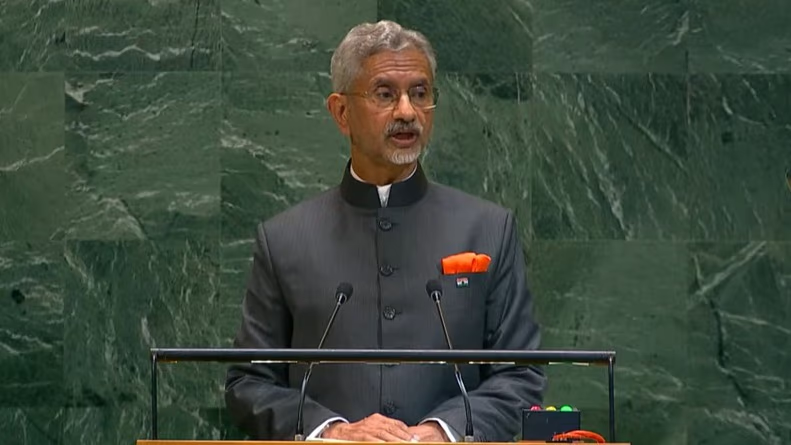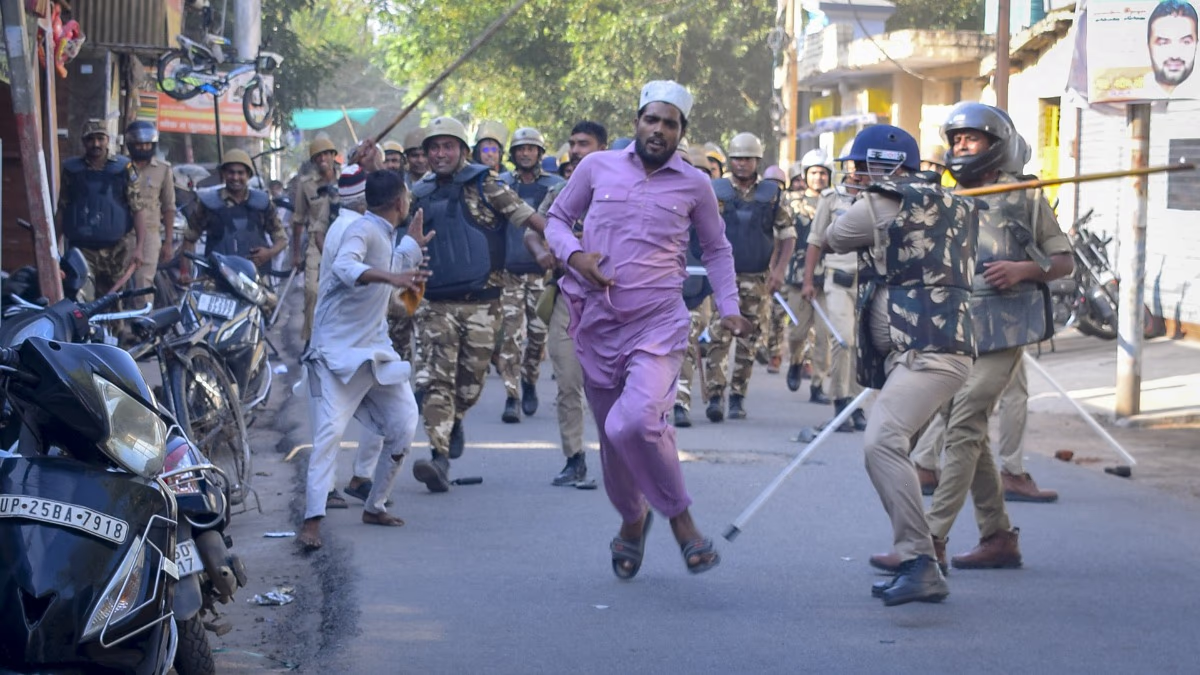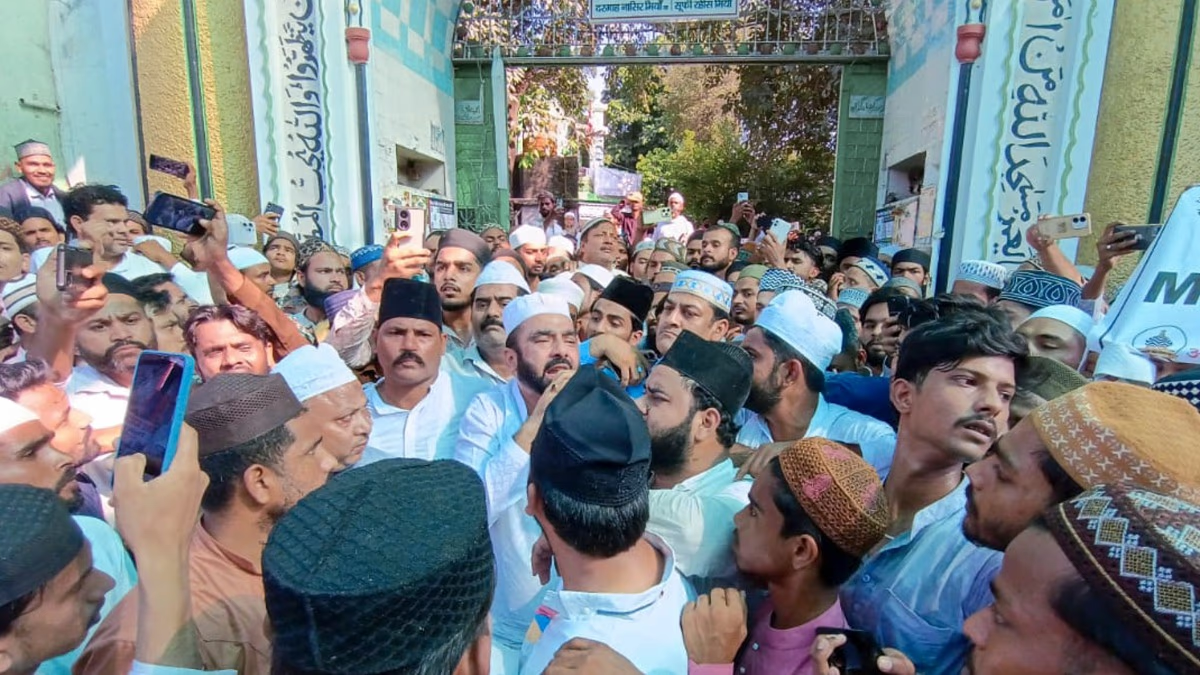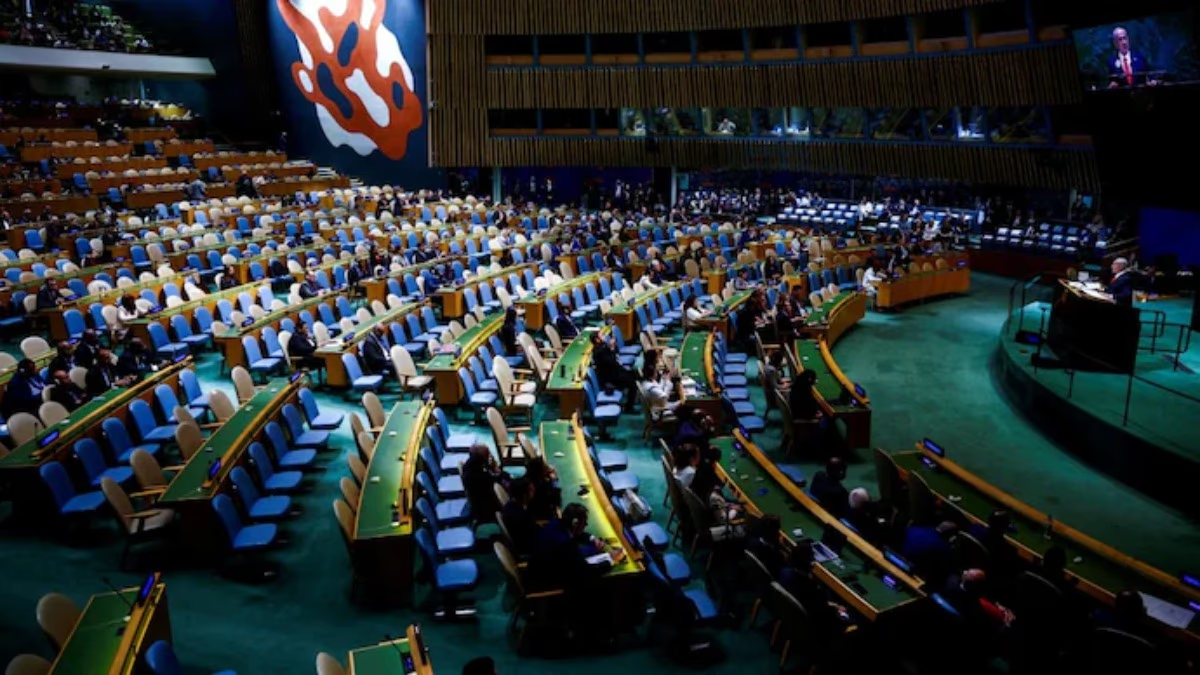At the 80th session of the United Nations General Assembly in New York, Foreign Minister S. Jaishankar articulated India's objectives on global and regional issues. He criticized Pakistan's involvement in terrorism, the Pahalgam attack, the funding of terrorists, and their public glorification.
Jaishankar stressed the need for expansion of both permanent and non-permanent membership in the Security Council to make it more representative. He highlighted India's priorities on sustainable development, climate change, trade, and food security. Additionally, he referenced the Pahalgam terrorist attack, stating that terrorism operates on an industrial scale in Pakistan. Read on for key points from Foreign Minister Jaishankar's address...
- Foreign Minister Jaishankar declared, "The expansion of both permanent and non-permanent membership of the Security Council is essential. A reformed council should indeed be representative. India is prepared to shoulder significant responsibilities."
- He decisively criticized Pakistan at the United Nations General Assembly, stating, "Terrorist bases operate at an industrial scale in Pakistan, terrorists are publicly praised, and halting the financing of terrorism is critical."
- The Foreign Minister emphasized, "We must advance in moments of crisis during turbulent times. India, in particular, has been proactive in its surrounding regions. Whether finance, food supplies, fertilizers, or fuel, we have responded to the immediate needs of our neighbors."
- In his address, Foreign Minister S. Jaishankar referred to India as "Bharat" and added, "As we assert our rights, we must also firmly face threats, with combating terrorism being a top priority."
- Jaishankar noted, "A fair report card would indicate that the United Nations is in crisis. When peace is threatened by conflicts, when development stalls due to lack of resources, when human rights are violated by terrorism, the UN remains stagnant. As its ability to build consensus wanes, confidence in multilateralism is undermined..."
- At the United Nations General Assembly, he remarked that India observes "tariff instability and unpredictable market access," a comment made in the context of tariff policies implemented by U.S. President Donald Trump.
- Jaishankar shared that "forces that emerged after the establishment of the United Nations advanced this institution." He explained that as colonialism ended, UN membership quadrupled, its scope expanded, and new priorities like development, climate change, trade, food, and health came to the forefront.
- He stated, "India has faced this challenge since independence. Our neighboring country has been a hub for global terrorism. For decades, major international terrorist attacks trace back to that country. Numerous citizens of that country are listed in the United Nations' terrorist list, as evidenced by the murder of innocent tourists in Pahalgam this April. India has exercised its right to protect its people and bring the perpetrators and organizers of these attacks to justice."
- Jaishankar stressed the importance of combating terrorism as it fuels racism, violence, intolerance, and fear. It is a shared threat, warranting international collaboration and strengthening. When a country openly declares terrorism as state policy, and when terrorists operate on a massive scale and are publicly extolled, such acts must be unequivocally condemned.
- He further asserted the necessity of halting terrorism financing and imposing sanctions on major terrorists. Continuous pressure should be maintained on the entire terrorism apparatus. Countries supporting terrorist-sponsoring nations must face consequences.
- Jaishankar stated, "In the era of globalization, its agenda has evolved significantly. Development goals have taken center stage, while climate change has emerged as a shared priority. Trade gained prominence, and access to food and health came to be seen as imperative for global welfare."
- Concluding his address, Foreign Minister Jaishankar said, "Greetings from the people of India. We gather here eight decades after the establishment of this unique institution. The United Nations Charter calls us not just to prevent war but to establish peace. It asks not only to protect rights but also to uphold every human's dignity."
- He also highlighted that the Sustainable Development Goals (SDGs) present a bleak picture. At the UNGA, Jaishankar remarked, "The SDGs offer a disheartening presentation," urging that "we must question how well the United Nations has met expectations."
Upon arriving in New York, he engaged in pivotal meetings, emphasizing the India-U.S. partnership with U.S. Secretary of State Marco Rubio and discussing strengthening bilateral cooperation with the U.S. Ambassador-designate Sergio Gor.
During his address at the United Nations, Jaishankar might also discuss issues such as India-U.S. trade talks, the new visa fee crisis, and recent tensions between India and Pakistan.
India's Support for Permanent Membership in the UNSC
Russian Foreign Minister Sergey Lavrov also addressed the UNGA, endorsing India's and Brazil's bid to become permanent members of the United Nations Security Council. Lavrov stated that both countries "are strong candidates for the expansion and reform of the Security Council."
He also remarked that Western nations are attempting to reimpose United Nations sanctions on Iran, calling it "illegal." Lavrov accused Western countries of ignoring international rules and trying to reenact sanctions lifted as part of the 2015 nuclear deal.
Addresses by Several Nations at UNGA Today
On the fifth day of the 80th United Nations General Assembly (UNGA) General Debate, leaders and representatives from numerous countries are scheduled to speak during the morning session, including those from the Bahamas, Niger, Grenada, Burkina Faso, Saint Kitts and Nevis, the Lao People's Democratic Republic, Armenia, Cambodia, Russia, Cuba, Brunei Darussalam, Germany, and Iceland.




